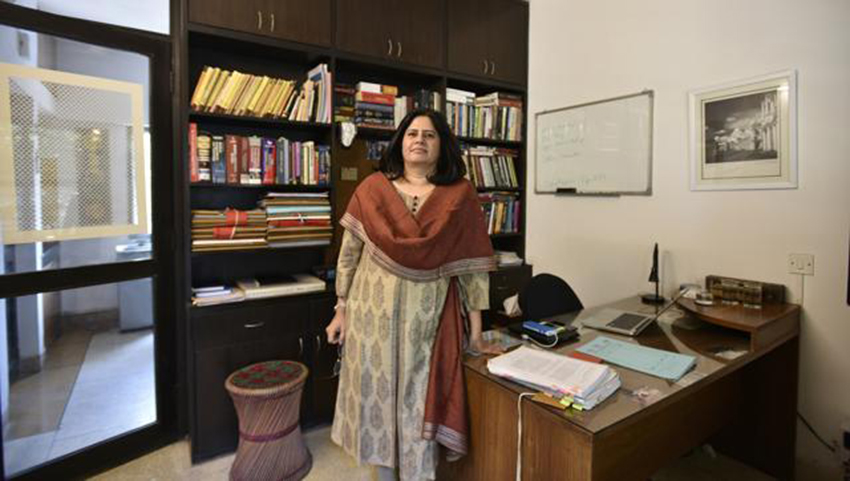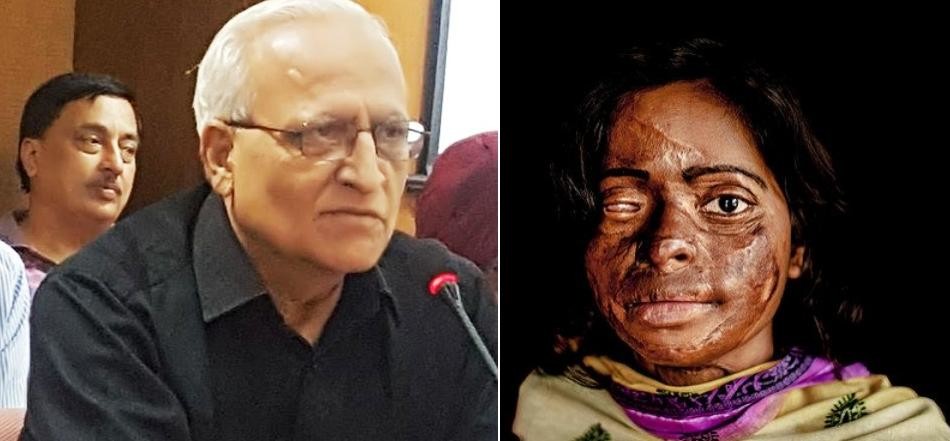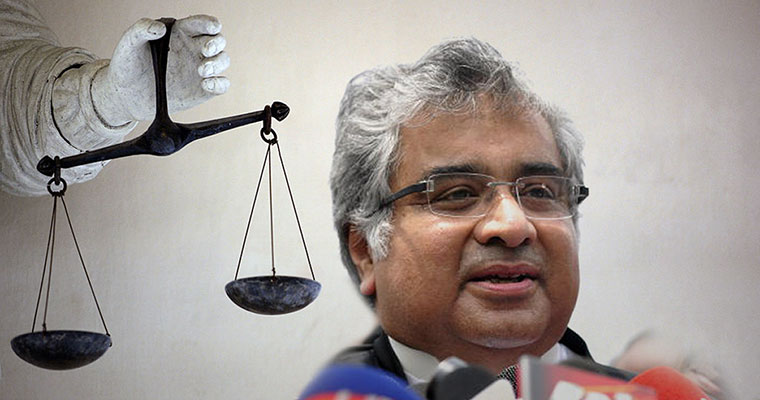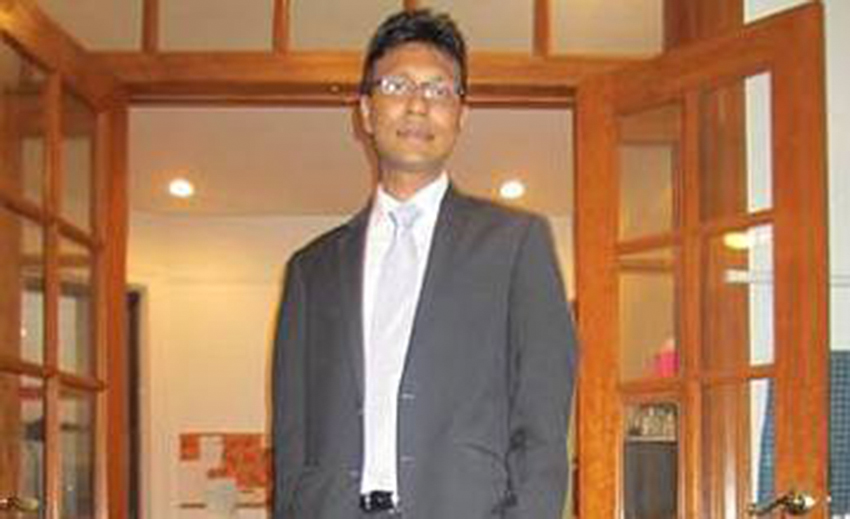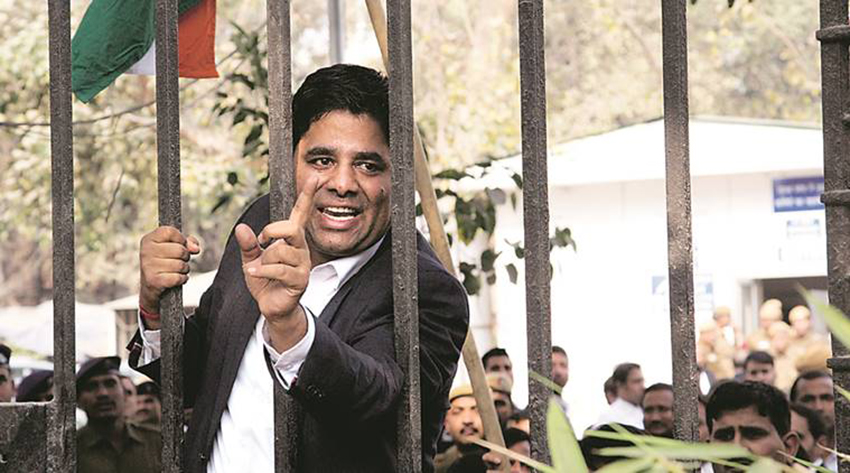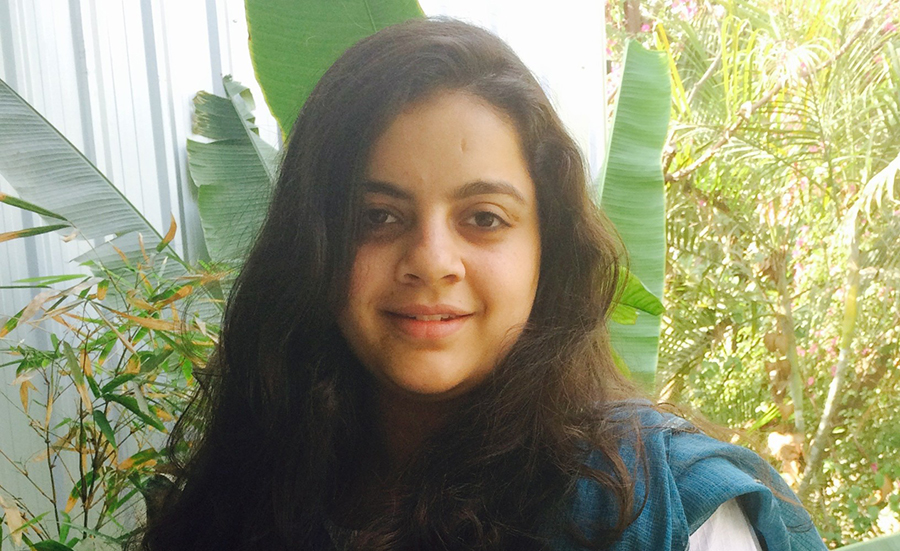Defending the doomed: Lawyers who stand up for terror accused, Maoists
By Vkeel Team
In 1991-92, Mian Abdul Qayoom, a lawyer in Srinagar was arrested and sent to jail for two years. He was later released on bail. Though it was still early years for the rise of terrorism in the Kashmir valley — AFSPA was introduced in the state in July 1990 — Qayoom had behind him over a decade of defending the terror-accused or those accused of plotting against the country.
“Even before the Terrorist and Disruptive Activities (Prevention) Act (TADA) and the Prevention of Terrorism Act were introduced, people in Kashmir were booked under the Enemy Agent Ordinance. I have been defending such people in the state since the 1970s and was finally arrested for it in 1991,” says Qayoom, president of the Bar Association in Srinagar, in a telephonic interview.
In the past few weeks, the legal fraternity in India has presented a dual image. In Chhattisgarh, a group of human rights lawyers were forced out of their practice in Jagdalpur for representing and defending those branded as Maoists. On the other hand, at the Patiala House Court in Delhi, a group of lawyers resorted to violence as student leader Kanhaiya Kumar, booked under sedition charges, was brought for trial. The lawyers beat up Kumar as well as media personnel present in court.
Also See: Banks petition Supreme Court to stop Vijay Mallya from leaving India
The political and public war of words that broke out after the incident over the definition of who was “anti-national” continues to rage with the Ishrat Jahan case being back in the news. Jahan was killed in an encounter in 2004 and was posthumously accused of being a Lashkar-e-Taiba operative.
The JNU incident, too, erupted over protests against the execution of Afzal Guru, convicted in the 2001 Parliament attack case. The lawyers who defended both find themselves in the spotlight because they made it their professional duty to stand up for those whom most were happy to condemn.
Guilty by association
“I have been called an anti-national,” says lawyer Kamini Jaiswal, who had represented SAR Geelani, a Delhi University professor who was arrested in the Parliament attack case of 2001. Later acquitted, he has now again been booked in a sedition case. Senior human rights lawyer Prashant Bhushan talks of abuse on social media for having appeared as a support lawyer in the appeal case of Yakub Memon, who was executed in the 1993 Mumbai blast case. “I have also repeatedly been called a Naxal lawyer for speaking in support of activist Soni Sori and others branded as Maoists,” he says.
For many, as in the case of Qayoom, the repercussions have gone beyond slander. In 2010, Mumbai lawyer Shahid Azmi was shot dead in his office. Azmi, who himself had been arrested on terror charges in his youth, had defended many terror accused as a lawyer, including Faheem Ansari, accused in the 2008 Mumbai attacks. Ansari was later acquitted owing to lack of evidence.
The list of lawyers targeted for providing what the law of the land grants every accused — legal representation and a fair trial — is endless. In June 2015, lawyer Mehmood Pracha was allegedly threatened by an officer of the Rajasthan Anti-Terrorism Squad while arguing a case in court. Pracha has been the defence counsel for many terror accused, including Ahmed Kazmi, accused in the 2012 Israeli Embassy attack in New Delhi and Mirza Himayat Baig, accused in the 2010 German Bakery blast case in Pune.
Lawyers
Disclaimer:
The information provided in the article is for general informational purposes only, and is not intended to constitute legal advice or to be relied upon as a substitute for legal advice. Furthermore, any information contained in the article is not guaranteed to be current, complete or accurate. If you require legal advice or representation, you should contact an attorney or law firm directly. We are not responsible for any damages resulting from any reliance on the content of this website.

